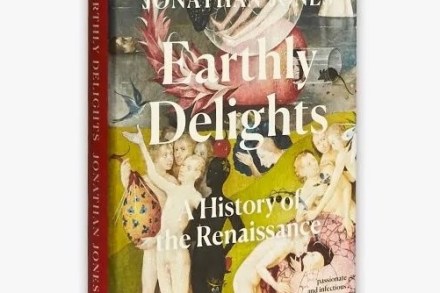Sex and the Famous Five
Generations of readers of Enid Blyton’s Famous Five series have enjoyed the books without having to contemplate the erotic properties of the canine member of the quintet. After reading Nicholas Royle’s one-of-a-kind fantasia on Blyton and David Bowie, they may never be able to do so again. Royle writes confidently that ‘the most obvious route to thinking about sex in the Famous Five books is Timmy the dog’. Once this bombshell has been absorbed, he knocks the reader down again by writing: ‘Timmy is a big dog. He is a big-tongued dog. He must have had a huge donger too.’ The idea behind David Bowie, Enid Blyton and the Sun




















